Grand Jury Recording—A Necessary Safeguard in an Imperfect System
Tuesday, June 02, 2015

The implication was clear: When the government has decided to focus on someone, that person must be guilty, so the safeguards designed to protect the innocent can be disregarded.
There are hints of that same philosophy in the recent debates here in Oregon over proposed legislation to have grand jury testimony recorded (at present, Oregon is one of a small minority of states that does not require this). The Oregon prosecutors who oppose this legislation have complained that if a witness’s grand jury testimony is recorded, a defense attorney could rely on that recorded testimony to undermine that witness’s later testimony at trial.
Of course, that is true. Whenever a witness’s account changes over time, an attorney may well bring up the prior statement in cross-examination. Like any other prior statement, grand jury testimony could be used for this purpose, and this approach will be more fruitful if that testimony was accurately recorded. Whether that is a good thing or a bad thing depends on one’s view of the criminal justice system.
There are two basic ways to look at that system. The first, exemplified by Meese’s quote above, places a high degree of trust in police officers and prosecutors. They know much more than we do; the experienced ones in particular have a “sixth sense” about these things. Once they’ve “got their man (or woman),” we can safely assume that person is guilty. The system, therefore, works best when it moves efficiently towards a conviction.
Under this view, recording grand jury testimony should be avoided. What really matters is the witness’s testimony at the trial, which the jurors should accept as reliable. Disclosing any prior inconsistent statements risks embarrassing the witness and confusing the jury.
There is another, more skeptical, view of the justice system. Under this view, that system, like all human institutions, is imperfect, with countless opportunities for error to creep in. The witnesses at the center of an investigation may be mistaken or deceptive. Police officers and prosecutors may not be as effective as they believe they are at sniffing out which witnesses are really reliable, or which suspects are truly guilty. As a result, there is a real possibility of an innocent person being charged and brought to trial.
If that is true, the jurors who will decide a defendant’s fate need to know if there is evidence that could cast doubt on the reliability of prosecution witnesses’ testimony, and this may include the witnesses’ earlier statements. If any differences are truly immaterial (“You said his shirt was plaid—now you’re saying it was checked?”), jurors are smart enough to discount such trivialities; indeed, competent defense attorneys won’t even bring them up. If they are significant but explainable—for example, if a witness was under extreme stress at the time of the earlier statement—the witness can explain the situation, and jurors can factor that into their evaluations. Conversely, if there is a material difference with no legitimate explanation, jurors may well have concerns about relying on that witness’s testimony to convict the defendant.
In all of these situations, it is the jurors who should be making these judgments. It is not the state’s job to shield them from inconvenient evidence on the theory that it will confuse things or interfere with the conviction of someone we “know” is guilty.
Contrary to Meese’s belief, sometimes an innocent person really does end up as a suspect, or even as a formally charged defendant. That possibility is the foundational assumption in our justice system, and it cannot be cast aside out of a desire to avoid complicating things. Oregon jurors should have a full and fair opportunity to evaluate the state’s case whenever one of their peers is put on trial, and recording grand jury testimony is a step in the right direction.
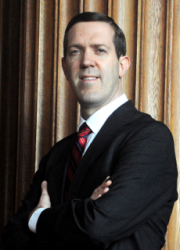
Related Slideshow: 20 Missing People from Oregon
The following is a list of the 20 most recent missing people from Oregon. The list is complied from the U.S. Department of Justice National Missing and Unidentified Persons System.

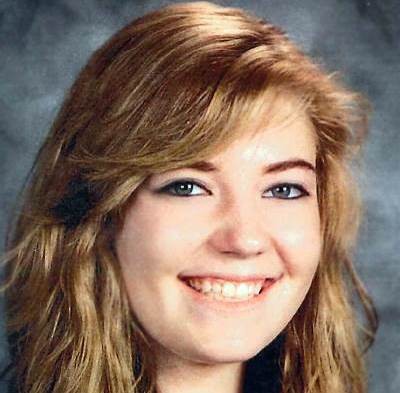
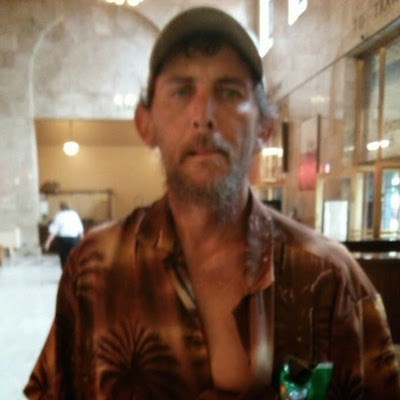
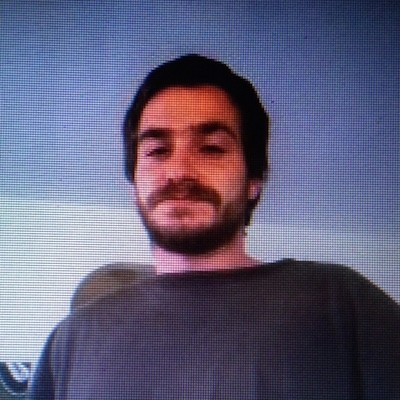


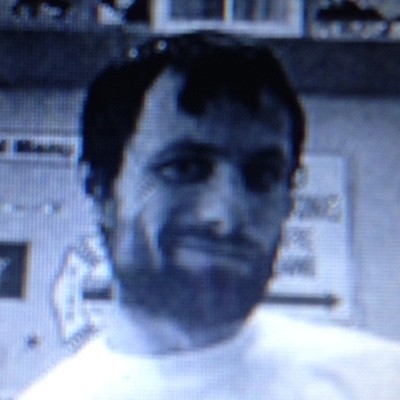

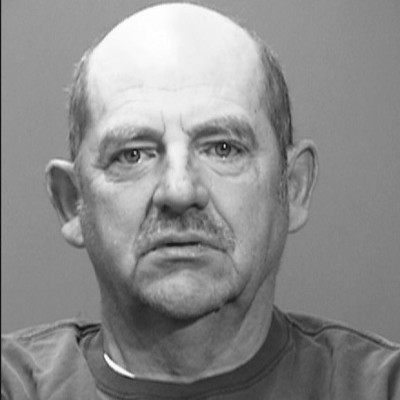


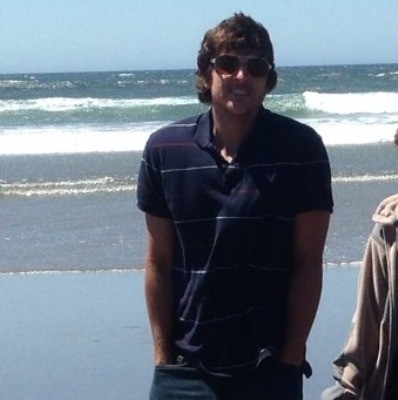
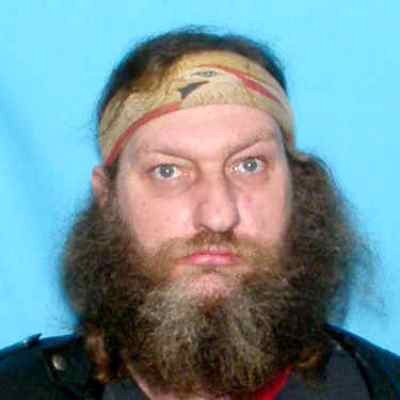
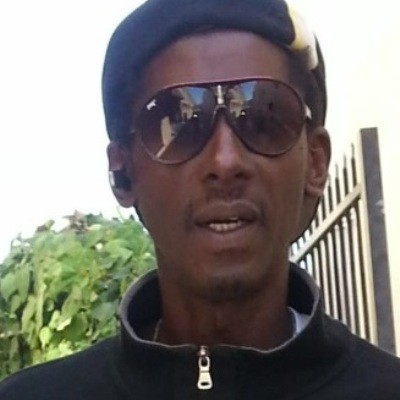
















Follow us on Pinterest Google + Facebook Twitter See It Read It